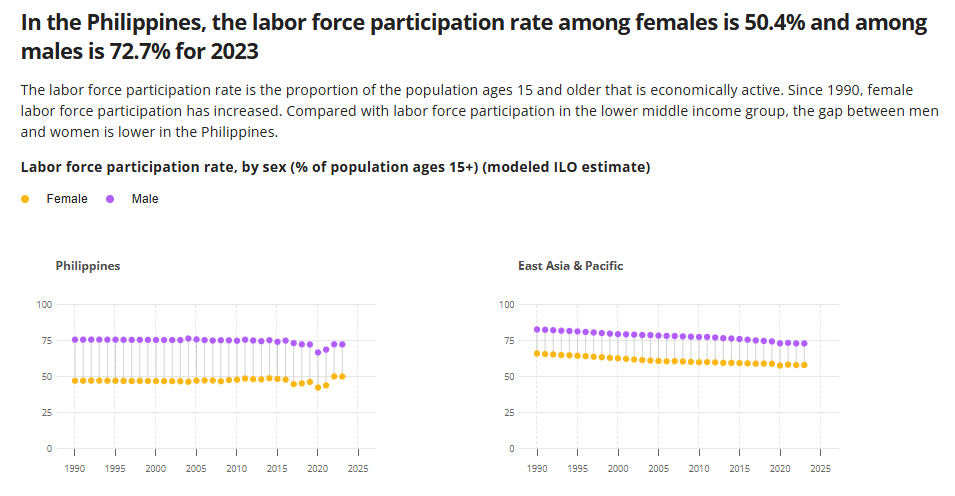At the start of the fourth quarter, I thought it would just be another stretch of lessons and deadlines. But now, looking back, I realize it was so much more. It was a test of patience, a lesson in perseverance, and a reminder that learning goes beyond textbooks. Every challenge I faced, every late-night study session, and every small victory added to my growth in ways I did not expect.
Throughout this quarter, I learned the importance of time management. With projects, exams, and extracurricular activities piling up, I had to find a way to balance everything without burning out. I also discovered that struggling with lessons does not mean failure, it just means I need to find better ways to understand them. There were moments when I felt overwhelmed, but I learned that taking things one step at a time makes even the hardest tasks manageable. Collaboration was another key lesson. Whether it was working on group projects or simply asking for help from classmates, I saw that learning is not something I have to do alone. Maybe trying to handle everything by myself is not always the best idea, right?
Of course, this quarter was not without its challenges. There were days when motivation was low, and stress felt impossible to handle. But instead of letting these struggles bring me down, I found ways to push through. I took breaks when I needed them, sought advice when I felt stuck, and reminded myself that progress is still progress, no matter how slow. Moving forward, I will take these lessons with me. This may be the last reflection for this school year, but the experiences, struggles, and achievements will stay with me. The fourth quarter may be over, but learning never really stops.
Blogger. (n.d.). Blogger. Retrieved March 30, 2025, https://www.blogger.com/
EdNC. (2020). Students working together in a classroom [Image]. EdNC. https://www.ednc.org/wp-content/uploads/2020/01/shutterstock_1560307448-e1578332650679-1200x857.jpg
Studyportals. (2023). How to get your study motivation ignited [Image]. Studyportals. https://cdn.prod.website-files.com/6763a77a64cba1af04cf2867/67a1d9bd07a0c9905d50066f_64e6da8edda885b595a42c30_how-to-get-your-study-motivation-ignited.png
Campbellsville University. (2019). Engaging classroom activities [Image]. Campbellsville University. https://online.campbellsville.edu/wp-content/uploads/2019/07/Engaging-Classroom-Activities-header-CU.png


























.webp)












